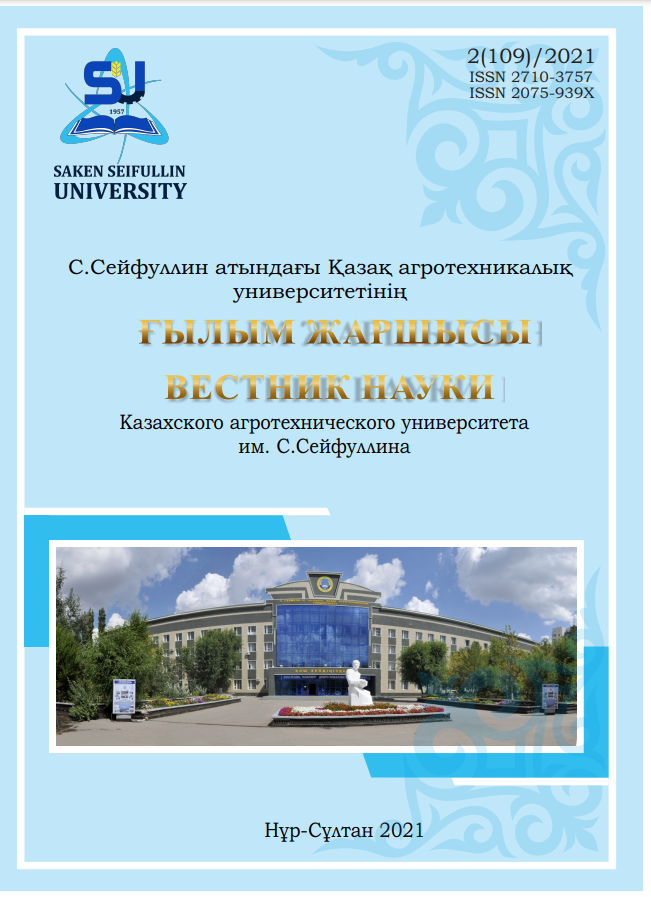TIONS OF THE SOVIET EXPERIENCE OF ECONOMIC MODERNIZATION (1920-1930years)
DOI:
https://doi.org/10.51452/kazatu.2021.2(109).595Keywords:
Kazakhstan, cottage industry, industrial cooperation, new economic policy, industrialization, food supply.Abstract
The article analyzes the main trends and features of the development of the handicraft industry in Kazakhstan in the conditions of the Soviet experience of economic modernization on the basis of archival sources. The authors of the article illuminate the process of cooperation of the cottage industry, emphasize the role and importance of cottage industries not only in the restoration of the national economy of the republic, but also in meeting the consumer needs of the population. On the basis of a critical analysis of archival sources, the reasons for insufficient financing of the cottage industry are considered. The authors conclude that the deformation of the sectoral composition of the economy of Kazakhstan, as well as the lack of strategic planning for the development of industries in the regions of the country, predetermined the fate of the cottage industry. The research methodology is based on the concepts of domestic representatives of the national intellectuals of the period of the 1920s-1930s, in particular, T. Ryskulov, M. Shokay, Zh.Sultanbekov about the situation of the cottage industry in the period under study. The source base consists of materials from the funds of the Russian State Archive of Economics (RGAE) in Moscow, the State Archive of the Russian Federation (GARF) in Moscow, the Archive of the President of the Republic of Kazakhstan (AP RK), the Central State Archive (CSA) in Almaty, as well as archival sources from the funds of the State Archive of the Zhambyl region (GAZHO), Taraz.

